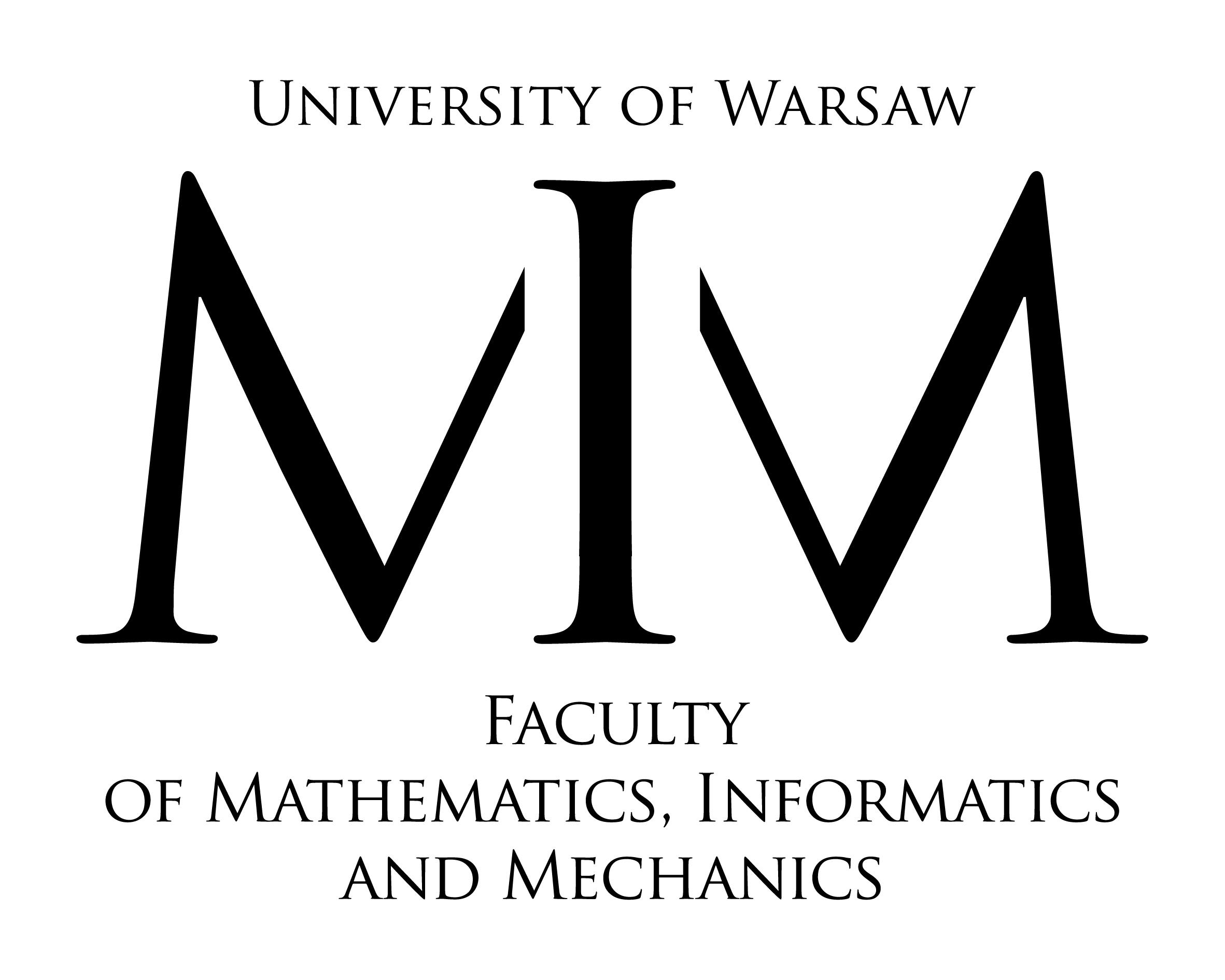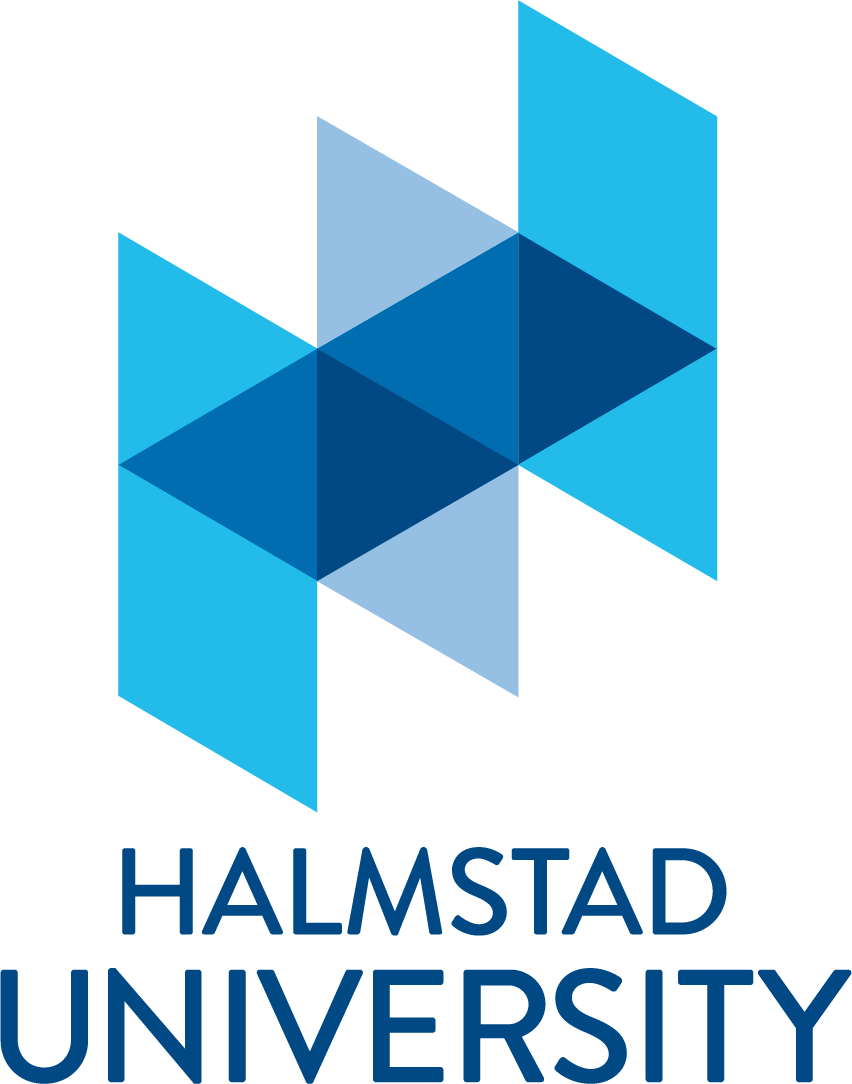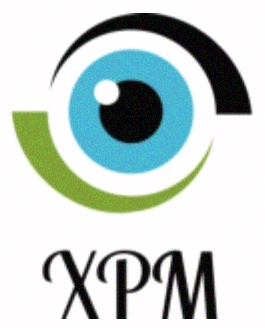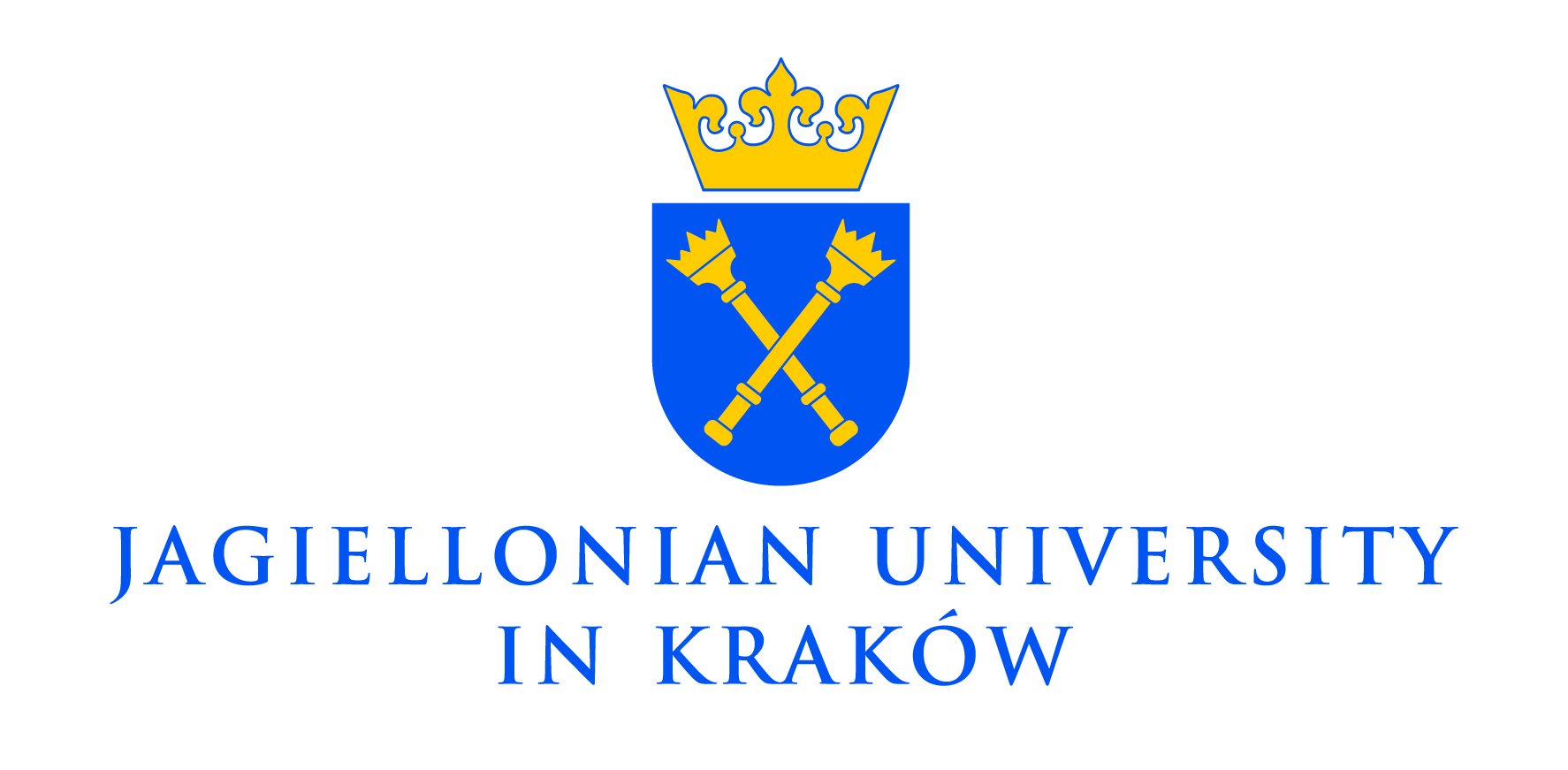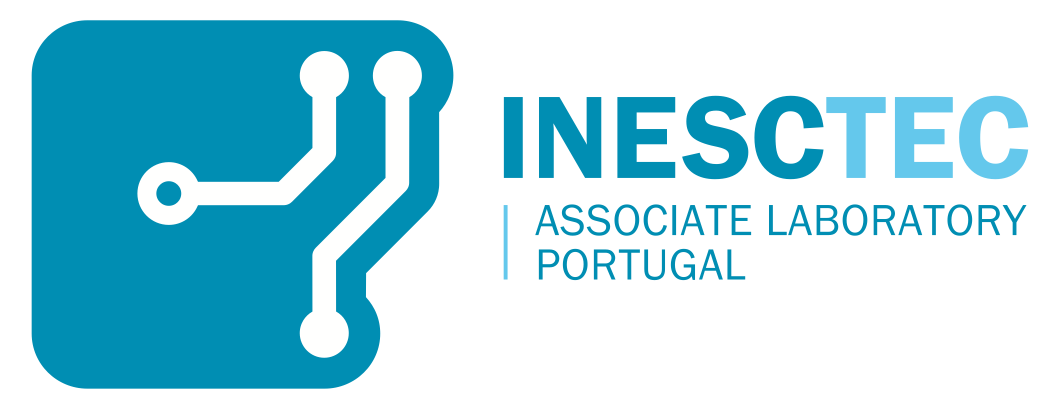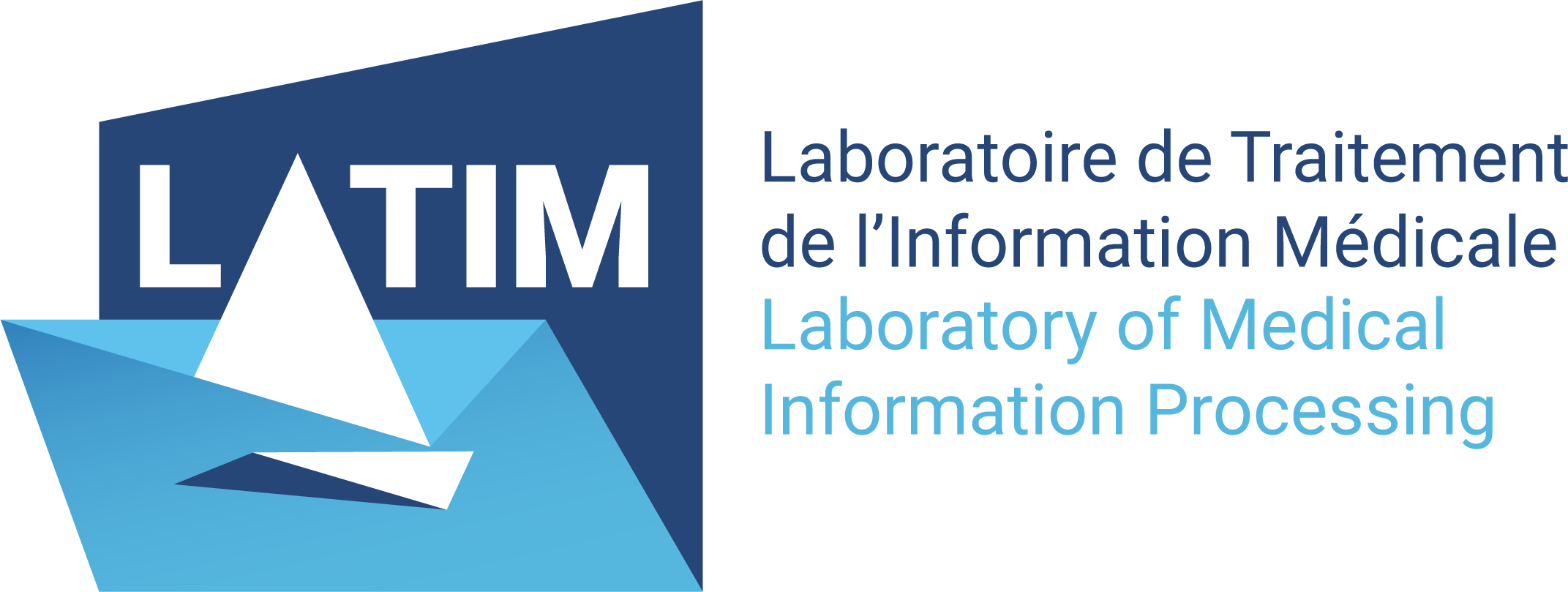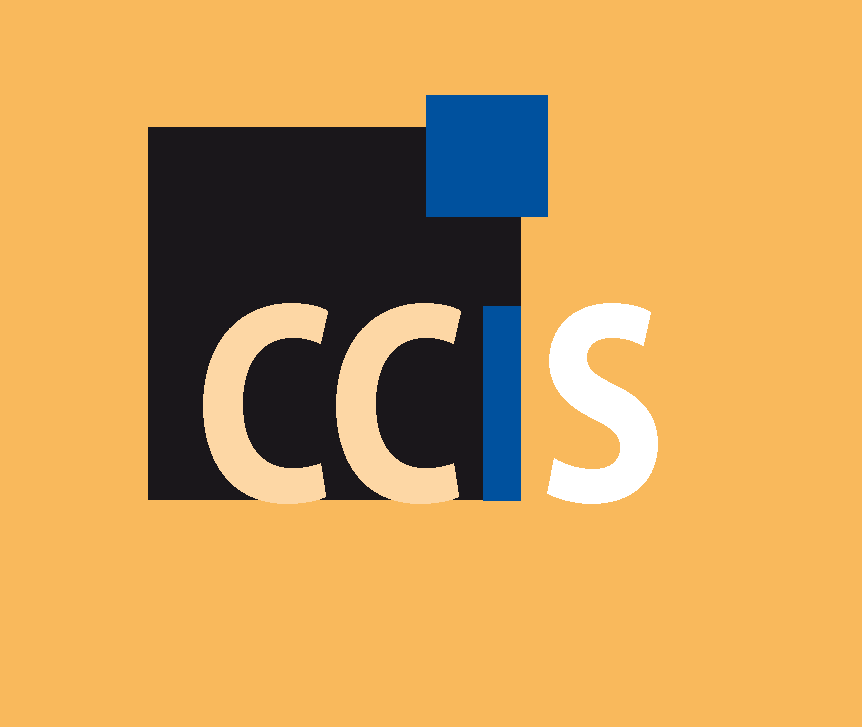| Date | October 1, 2023 |
| Location | The workshop will be held in-person at the ECAI 2023 conference in Kraków, Poland. |
| Room | A-1-13 in the Faculty of Physics, Astronomy and Applied Computer Science of the Jagiellonian University |
Invited Speakers [Abstracts]
 |
 |
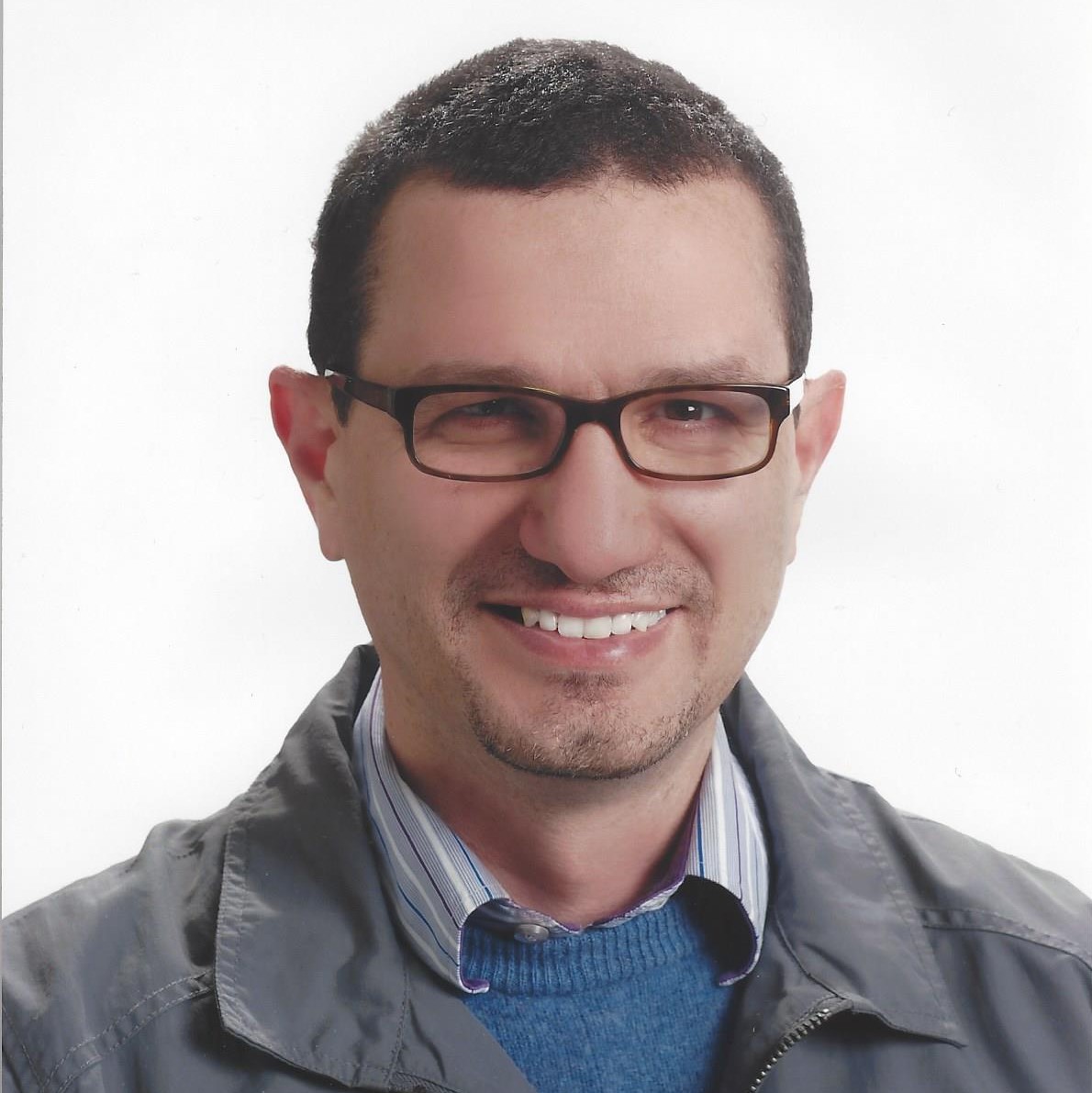 |
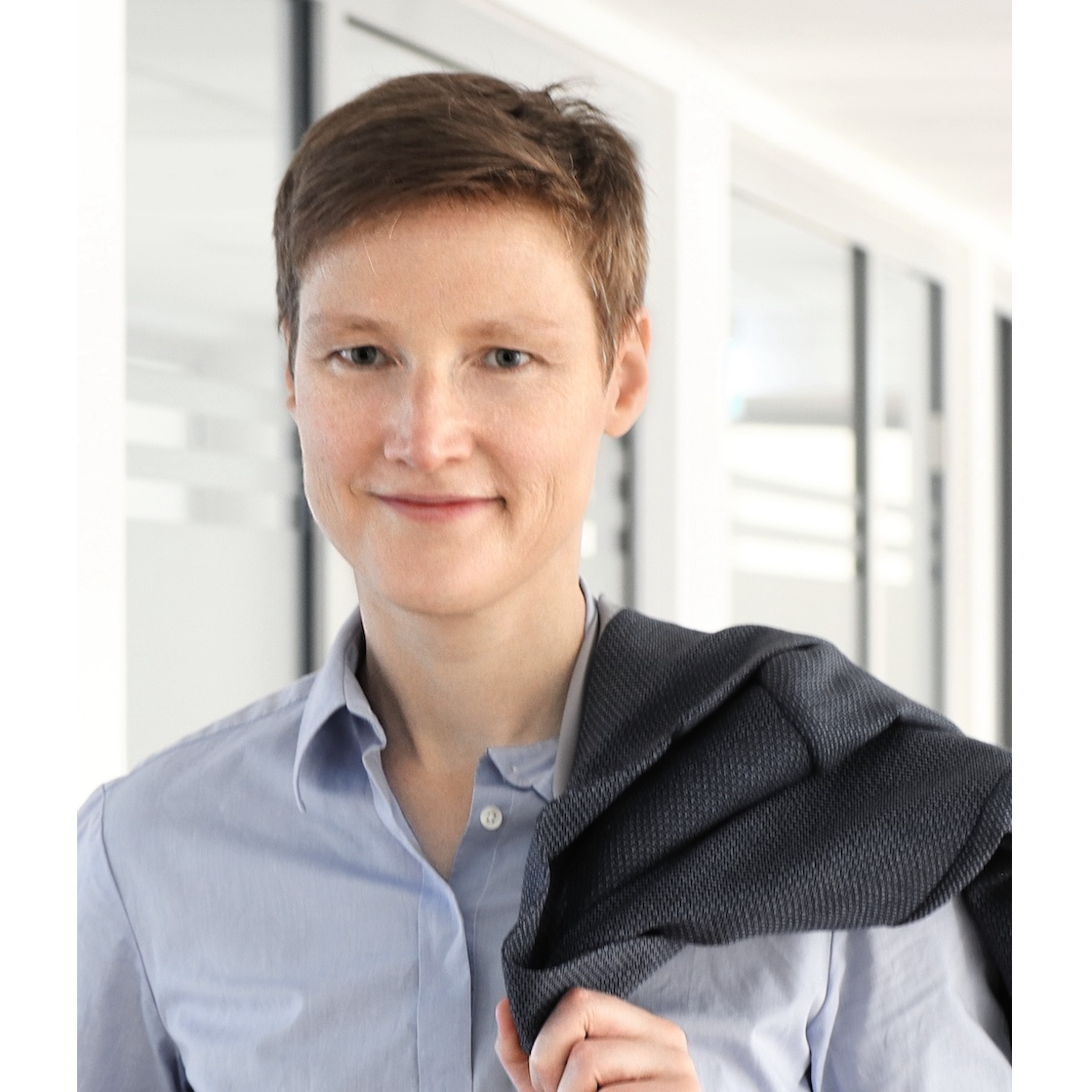 |
| Concha Bielza Technical University of Madrid |
Pedro Larrañaga Technical University of Madrid |
Issam El Naqa Moffitt Cancer Center |
Christin Seifert University of Marburg |
Schedule
This is the workshop’s schedule in Central European Time (CET).
| Time (CET) |
Event |
| 09:00 - 09:10 | Opening remarks |
| [Session 1] | |
| 09:10 - 10:00 | Invited talk by Christin Seifert: Can we trust XAI? Current status and challenges of evaluating XAI methods. [slides] |
| 10:00 - 10:15 | Paper: SHAP values from a Practical Perspective of a Social Scientist. Łukasz Borowiecki. |
| 10:15 - 10:30 | Paper: Evaluation of Local Model-agnostic Explanations: Taxonomy and Limitations. Amir Hossein Akhavan Rahnama. |
| 10:30 - 11:00 | Coffee break |
| [Session 2] | |
| 11:00 - 11:50 | Invited Talk by Concha Bielza & Pedro Larrañaga: Explanation Capabilities of Bayesian Networks in Dynamic Industrial Domains. [slides] |
| 11:50 - 12:05 | Paper: Explainable Anomaly Detection in Industrial Streams. Jakub Jakubowski, Przemysław Stanisz, Szymon Bobek, Grzegorz Nalepa. |
| 12:05 - 12:20 | Paper: Clash of the Explainers: Argumentation for Context-Appropriate Explanations. Leila Methnani, Andreas Theodorou, Virginia Dignum. |
| 12:30 - 13:30 | Lunch break |
| [Session 3] | |
| 13:30 - 14:20 | Invited Talk by Issam El Naqa: Towards Trustworthy AI for Clinical Oncology. [slides] |
| 14:20 - 14:35 | Paper: From Data to Insights: Fusing Explainable AI and Epidemiological Thinking to Enhance Primary Care Practices. Awais Ashfaq, Slawomir Nowaczyk. |
| 14:35 - 14:50 | Paper: EcoShap: Save Computations by Only Calculating Shapley Values for Relevant Features. Parisa Jamshidi, Slawomir Nowaczyk, Mahmoud Rahat. |
| 15:00 - 15:30 | Coffee break |
| [Session 4] | |
| 15:30 - 15:45 | Paper: Towards Explainable Deep Domain Adaptation. Szymon Bobek, Zahra Taghiyarrenani, Sepideh Pashami, Slawomir Nowaczyk, Grzegorz Nalepa. |
| 15:45 - 16:00 | Paper: Interpretability benchmark for spatial alignment of prototypical parts. Mikołaj Sacha, Bartosz Jura, Dawid Rymarczyk, Łukasz Struski, Jacek Tabor, Bartosz Zieliński. |
| 16:00 - 16:15 | Paper: Evaluation of Human-Understandability of Global Model Explanations using Decision Tree. Adarsa Sivaprasad, Ehud Reiter. |
Call for Papers
Welcome to the Joint workshops on XAI methods, challenges and applications (XAI^3), where we aim to discuss opportunities for the new generation of explainable AI (XAI) methods that are reliable, robust, and trustworthy. Explainability of AI models and systems is crucial for humans to trust and use intelligent systems, yet their utility in high-risk applications such as healthcare and industry has been severely limited. Our workshop will have three tracks: medical, industry, and future challenges, where we will explore the challenges and opportunities in creating useful XAI methods for medical applications, integrating explainability in highly automated industrial processes, and evaluating current and future XAI methods. We welcome contributions from researchers, academia, and industries primarily from a technical and application point of view, but also from an ethical and sociological perspective. Join us in discussing the latest developments in XAI and their practical applications at the 26th European Conference on Artificial Intelligence (ECAI 2023) in Kraków, Poland.
Tracks and topics
| Towards Explainable AI 2.0 (XAI2.0) |
Explainable AI for Medical Applications (XAIM) |
XAI for Industry 4.0 & 5.0 (XAI4I) |
|---|---|---|
|
|
|
Dates
| Paper submission deadline | |
| Decision notification | |
| Camera-ready due |
All times Anywhere on Earth (AoE), UTC-12
Submission instructions
Submissions should be anonymised and follow the LNCS template available as downloadable LaTeX and Word, as well as online Overleaf template, at https://www.springer.com/gp/computer-science/lncs/conference-proceedings-guidelines
We welcome two types of papers:
- Non-proceedings track: We welcome short papers of 4-8 pages. Submissions accepted to this track will be presented at the XAI^3 workshop but not published in Springer proceedings.
- Proceedings track: We welcome full research papers of 10-15 pages. Full papers presented at the XAI^3 workshop will be published by Springer Nature in joint ECAI workshop proceedings volume, as part of the CCIS book series. It will be possible to make individual papers Open Access, at the discretion and cost of the authors, by following the Springer procedure described here.
The page limit does not include references and supplementary material.
Submissions can be done at https://cmt3.research.microsoft.com/XAI3ECAI2023
Organisers
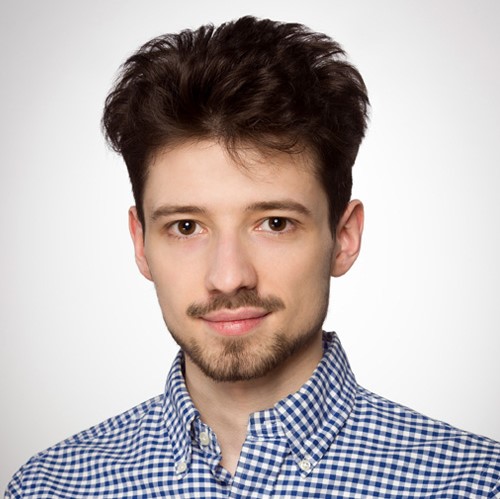 |
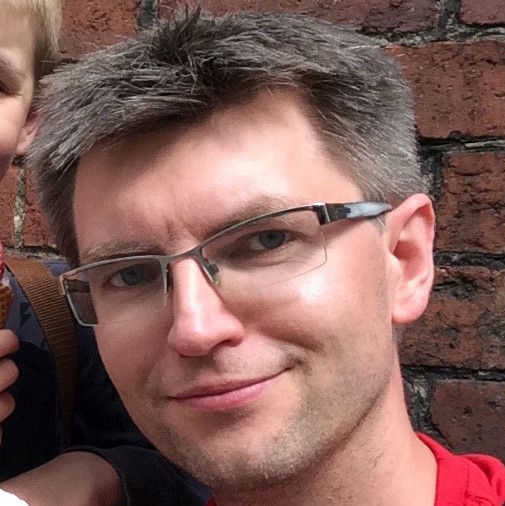 |
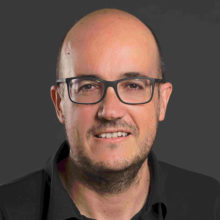 |
 |
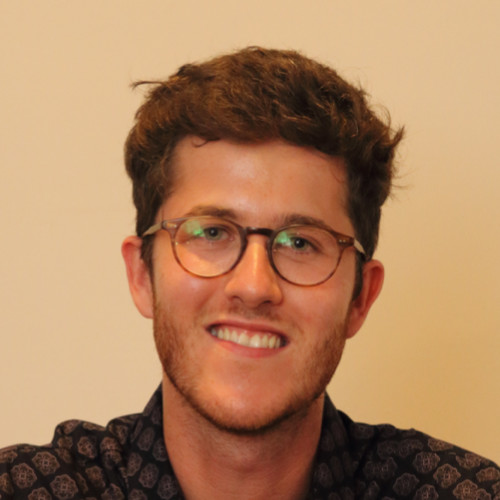 |
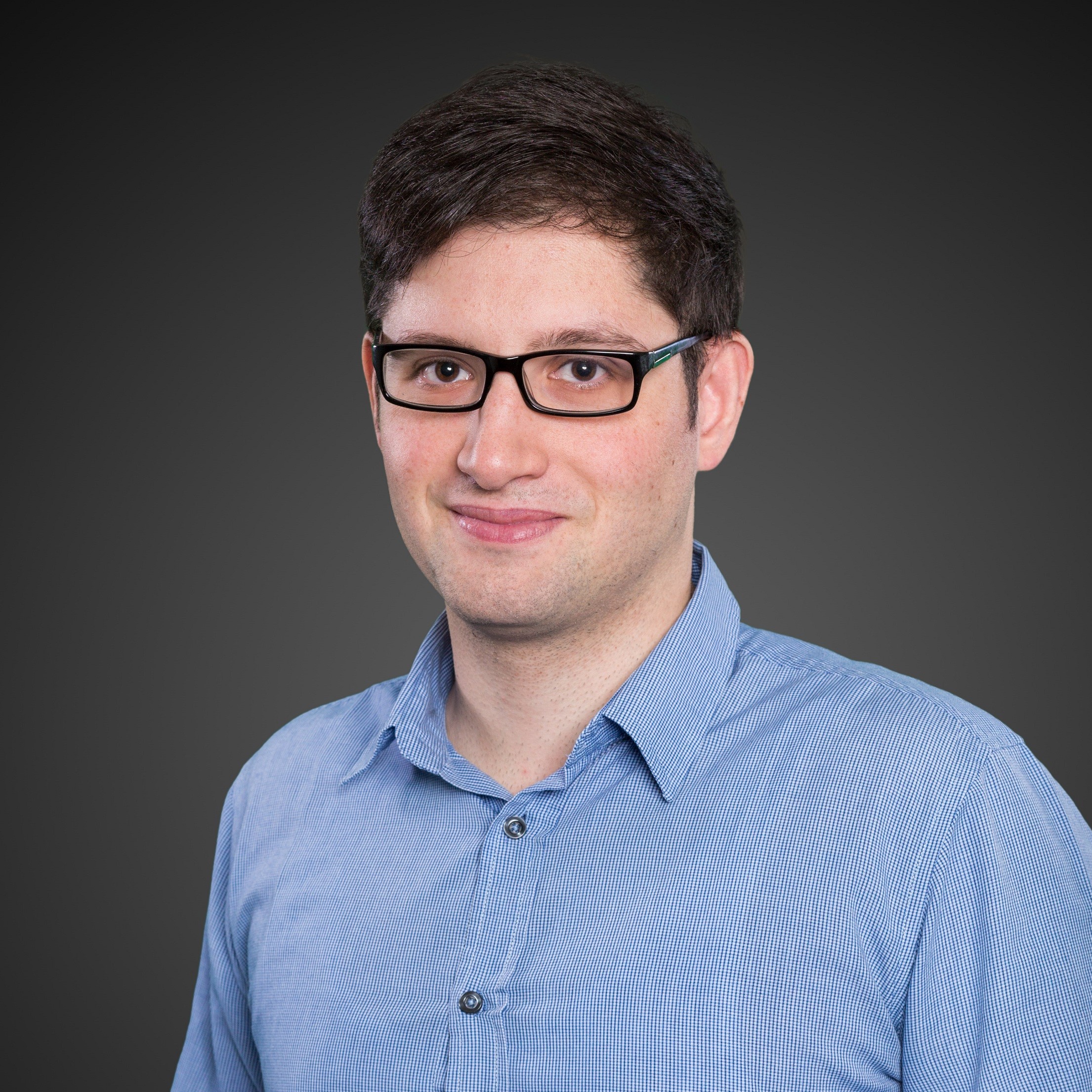 |
| Hubert Baniecki University of Warsaw |
Przemysław Biecek Warsaw University of Technology |
Albert Bifet Telecom-ParisTech |
Szymon Bobek Jagiellonian University |
Lennart Brocki University of Warsaw |
Giuseppe Casalicchio Ludwig Maximilian University of Munich |
 |
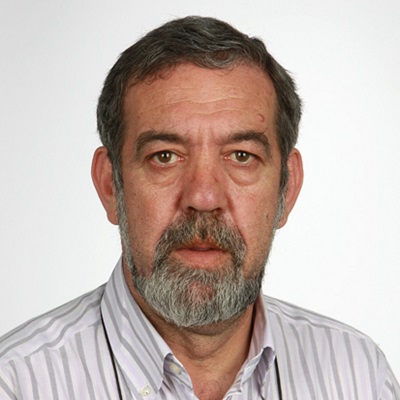 |
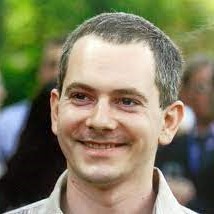 |
 |
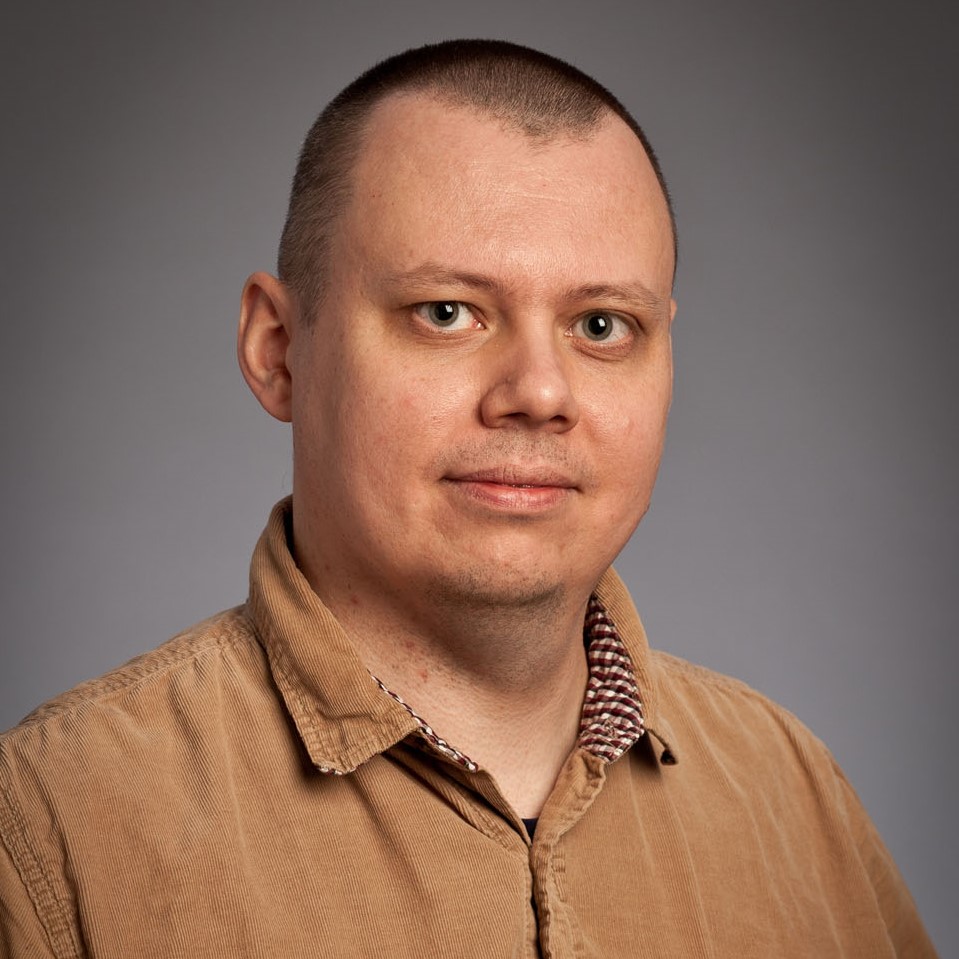 |
 |
| Neo Christopher Chung University of Warsaw |
Joao Gama University of Porto |
Mathieu Hatt LaTIM |
Grzegorz J. Nalepa Jagiellonian University |
Sławomir Nowaczyk Halmstad University |
Panagiotis Papadimitroulas BIOEMTECH |
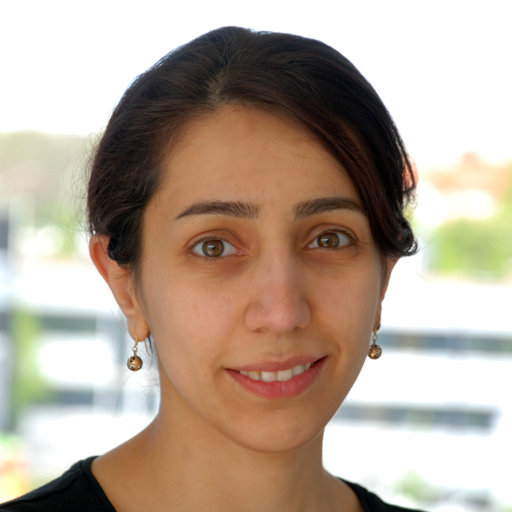 |
 |
 |
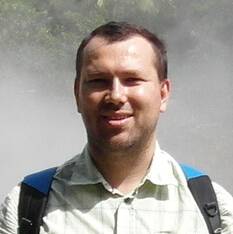 |
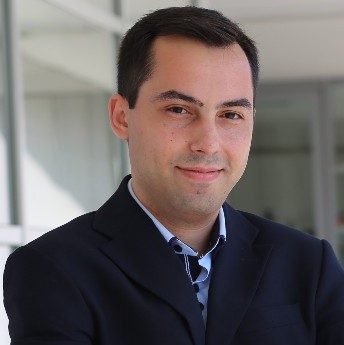 |
 |
| Sepideh Pashami Halmstad University |
Rita P. Ribeiro University of Porto |
Dawid Rymarczyk Jagiellonian University |
Jacek Tabor Jagiellonian University |
Bruno Veloso University of Porto |
Bartosz Zieliński Jagiellonian University |
